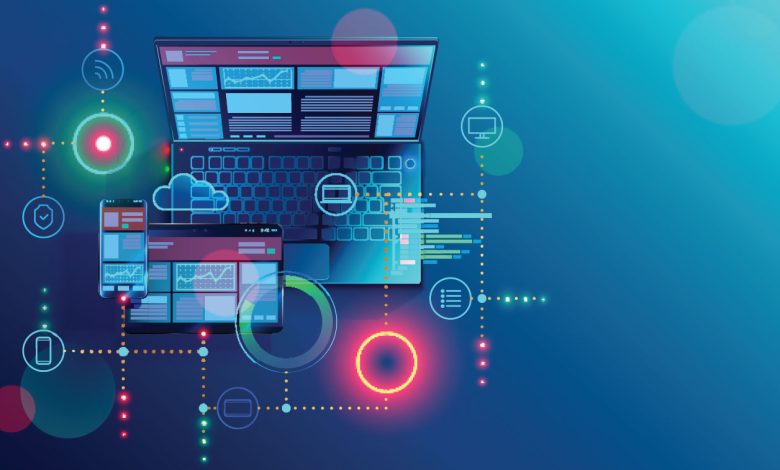The Rise of AI in Web Development

Artificial Intelligence (AI) is no longer a futuristic concept—it’s actively reshaping web development. From automating tasks to enhancing user experiences, AI is becoming an indispensable tool for developers, designers, and businesses alike.
In this article, we’ll explore how AI is being integrated into web development, the opportunities it creates, challenges, and what the future holds for AI-powered websites.
1. How AI Is Transforming Web Development
AI impacts web development in multiple ways:
- Automation of repetitive tasks → Code generation, testing, and optimization.
- Enhanced user experiences → Chatbots, personalized content, and smart recommendations.
- Data-driven design → AI analyzes user behavior to improve UI/UX.
- Predictive analytics → Anticipates user needs and improves engagement.
2. AI-Powered Tools for Developers
- GitHub Copilot → AI-assisted code suggestions for faster development.
- Tabnine → AI code completion for multiple languages.
- Figma + AI plugins → Generate UI designs or assets automatically.
- ChatGPT / AI assistants → Generate content, debug code, or explain programming concepts.
3. AI in Front-End Development
- Personalization → Websites that adapt content dynamically based on user preferences.
- Chatbots & Virtual Assistants → Handle user queries in real time.
- Design Automation → Generate responsive layouts or optimize color schemes.
✅ Example: E-commerce site recommending products based on browsing history.
4. AI in Back-End Development
- Code Optimization → AI suggests faster algorithms or refactors code.
- Database Management → Predictive indexing and query optimization.
- Security → AI detects anomalies, potential vulnerabilities, and attacks.
5. AI for Testing and Quality Assurance
- Automated Testing → AI generates test cases and executes regression tests.
- Bug Detection → AI identifies potential issues in code before deployment.
- Performance Optimization → AI predicts slow points and suggests improvements.
6. Benefits of AI in Web Development
- Increased Productivity → Automates repetitive tasks and accelerates development.
- Better User Experience → Personalized and adaptive web applications.
- Data-Driven Decisions → Insights for UI/UX improvements.
- Cost Efficiency → Reduce manual work and optimize resources.
7. Challenges and Risks
- Bias in AI Models → AI may reflect biased datasets, affecting content or functionality.
- Over-reliance → Developers may depend too much on AI, reducing skill development.
- Security Concerns → AI tools may introduce vulnerabilities if not properly vetted.
- Ethical Considerations → Privacy, data handling, and transparency.
8. AI and SEO
AI can enhance SEO efforts by:
- Automatically generating meta descriptions and tags.
- Optimizing content for readability and keyword targeting.
- Predicting trending topics to improve content strategy.
9. Future Trends
- AI-Generated Websites → Fully functional sites built by AI from prompts.
- Voice & Conversational Interfaces → AI powers voice navigation and chat-driven web experiences.
- Autonomous Optimization → Websites self-optimize based on user behavior.
- Integration with AR/VR → Personalized immersive web experiences.
10. Conclusion
AI is transforming web development from a manual, repetitive process into an intelligent, adaptive, and data-driven workflow.
For developers and businesses, embracing AI means:
- Faster development cycles
- Smarter user experiences
- More efficient workflows
- Staying ahead in a competitive digital landscape
The rise of AI in web development isn’t just a trend—it’s a revolution shaping the future of the internet.

